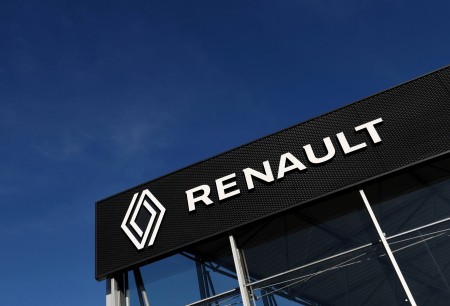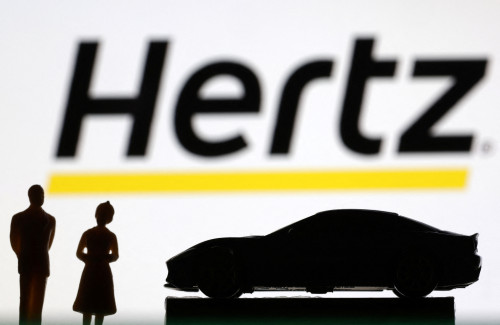
PARIS (Reuters) – Europe’s autos industry could face fines of 15 billion euros ($17.4 billion) for carbon emissions due to slowing demand for electric vehicles, Renault CEO Luca de Meo said on Saturday.
Automakers face tougher EU CO2 targets in 2025 as the cap on average emissions from new vehicles sales falls to 94 grams/km from 116 g/km in 2024.
“If electric vehicles remain at today’s level, the European industry may have to pay 15 billion euros in fines or give up the production of more than 2.5 million vehicles,” de Meo told France Inter radio.
“The speed of the electric ramp-up is half of what we would need to achieve the objectives that would allow us not to pay fines,” de Meo, who is also president of the European Automobile Manufacturers Association (ACEA), said of the sector.
Exceeding CO2 limits can lead to fines amounting to 95 euros per excess CO2 g/km multiplied by the number of vehicles sold.
That could result in penalties of hundreds of millions of euros for large carmakers.
“Everyone is talking about 2035, in 10 years, but we should be talking about 2025 because we are already struggling,” he said.
“We need to be given a little flexibility. Setting deadlines and fines without being able to make that more flexible is very, very dangerous.”
(Reporting by Gilles Guillaume; writing by John Irish)





